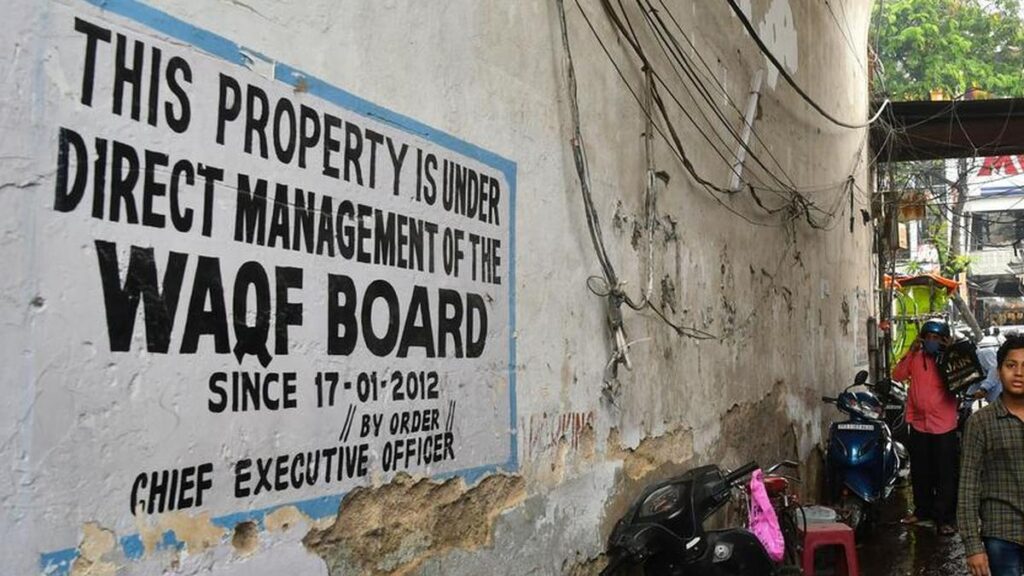
The previous Bill drew criticism from the Muslim community and minority organisations across the country. Representational file image.
| Photo Credit: Nagara Gopal
The Waqf (Amendment) Bill, 2025, which is set to be tabled in Parliament on Wednesday, is likely to have a provision that mandates that the ownership of existing Waqf properties will remain as is unless they are “disputed” or are “government property”.
This key provision was not there in the Bill that was tabled in Parliament in August 2024.
Also read | The Waqf row and the BJP’s goals
The previous Bill drew criticism from the Muslim community and minority organisations across the country. It proposed the inclusion of non-Muslims and Muslim women in Waqf Boards, stripping Boards of powers to declare properties as Waqf, and other changes. The Bill was sent to a Joint Parliamentary Committee for detailed discussion.
While most of the provisions are likely to remain the same in the new Bill, which was shared with MPs on Tuesday, some key changes may be inserted following concerns raised by the NDA allies Telugu Desam Party (TDP) and Janata Dal(U).
The amended Bill is likely to have the provision that an existing “Waqf by user” property which was registered on or before the commencement of the Waqf (Amendment) Act, 2025 as “Waqf by user” will remain as Waqf property except if it is, wholly or in part, in dispute or is a government property.
It is also likely to suggest that every Waqf property registered prior to the commencement of the Waqf (Amendment) Act, 2025, should have the details of the Waqf and the property dedicated to the Waqf filed on the portal and database within a period of six months from such commencement.
In case of failure to do so, the tribunal may, on an application made to it by the Mutawalli, extend the period of six months in case he satisfies the tribunal that he had sufficient cause for not filing the details of the Waqf on the portal within such period.
In the previous Bill, the Collectors were authorised to decide if a Waqf property is government property, while in the new Bill, a State is likely to be given the powers to notify an officer above the rank of Collector to do the same.
The designated officer shall conduct an inquiry as per law and determine whether such property is a government property or not and submit a report to the State government. The disputed property will not be treated as Waqf property till the designated officer submits the report.
Published – April 02, 2025 12:08 am IST

